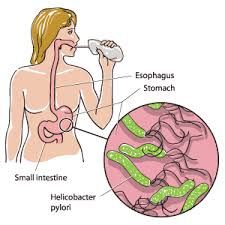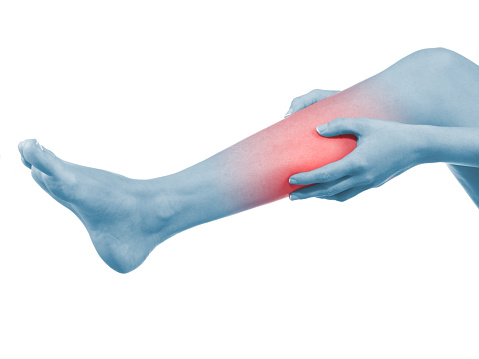The Truth About Muscle Spasm Remedies

Muscle spasm can be a quick, involuntary contraction in any number of muscles. These contractions can occur at any place in the body, and often they are fairly common. Muscle spasms are often caused by dehydration, overexertion, or stress. Muscle spasm symptoms will usually include pain in your neck, shoulders, back, abdomen, arms, or leg muscles.
Muscle spasm occurs because one muscle is over stimulated or overworked. If you're trying to lift a heavy weight and you feel that you're not strong enough to lift it, you may experience a muscle contraction. For example, if you have weak legs, then you could experience spasms in your lower legs. This spasm will often be short and last only a couple of seconds, but if it continues for longer than this, then you are experiencing a muscle spasm.
Muscle cramps can also be caused by muscle damage. If you pull on a muscle and it becomes very tight, you may experience muscle spasms as the muscle pulls the tendon inward. The spasm usually ends within a few minutes, but if the spasm lasts longer, you could get more serious muscle damage.
One of the things you can do to reduce muscle cramps is rest. Muscle cramps can be extremely painful and cause neck and shoulder pain. It is important that you do not try to lift anything during a muscle spasm. If you do lift something, try lifting a lighter weight so you don't have to make any effort to lift the object. If you need to lift something heavier, rest for at least 10 minutes between sets.
Muscle cramps are usually caused by muscle overwork in one area. If your biceps are already sore and slurred, it can cause muscle spasm when you lift something. Make sure you rest your biceps before trying to lift anything. Also, make sure you are doing some form of warming up exercise before starting your workout.
Muscle cramps can also occur with diuretics. Some prescription medications contain diuretic ingredients that can cause muscle cramps. This is especially true with anti-inflammatory drugs and certain medications used to treat high blood pressure.

Muscle spasms are caused when the muscle is overworked. You may experience muscle spasms when you are working out or lifting heavy weights or performing repetitive activities, but if you are doing these activities with a light weight you are less likely to experience them. In order to avoid muscle spasms, do your best to lift lighter weights and perform more repetitions.
You should avoid lifting weights in a seated position, especially if you want to avoid muscle spasms
Sitting up too quickly can also cause muscle spasms. Always lift while keeping your elbows on the ground.
Muscle spasms can be avoided by using proper form while lifting, and by always resting in between sets. When you rest, your muscles will receive an ample amount of time to recover before they are required again.
If your muscle spasm occurs during sleep, you should try to wake up as early as possible. Resting the night may help to lessen the effects of muscle spasms that you have during the day. If your muscle spasm lasts for an extended period of time, you should seek medical attention right away.
To reduce muscle spasm symptoms, you can try using heat to relieve your muscles, or you can take some muscle relaxants. before you go to bed. This can help to minimize muscle spasms and pain.
Another one of the most common muscle spasm remedies is to take a warm shower or bath. Hot water can work wonders because it helps to relax your body and prevent muscle spasms from occurring. Make sure that you drink plenty of water to flush out toxins throughout your body as well.